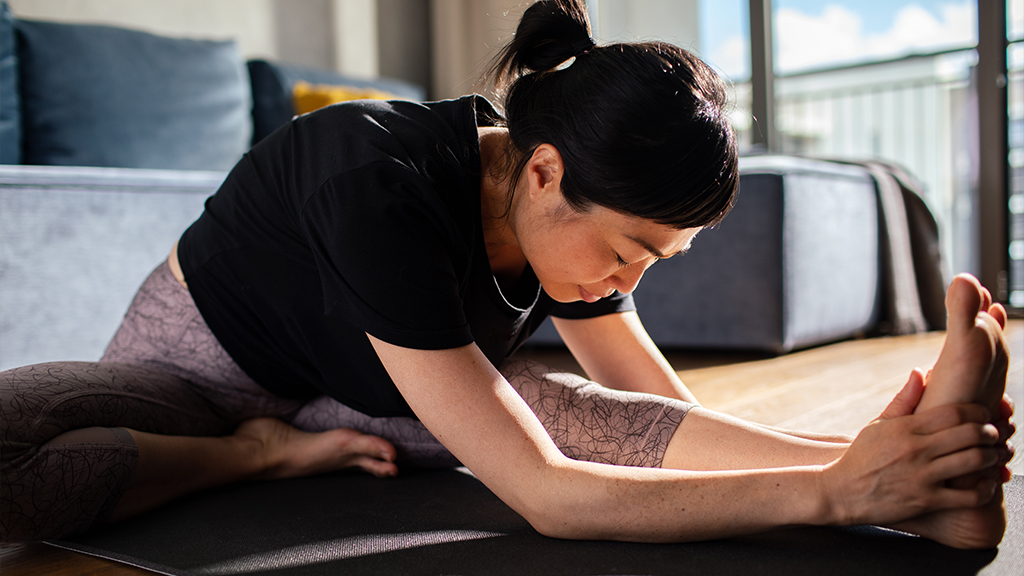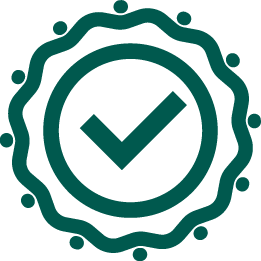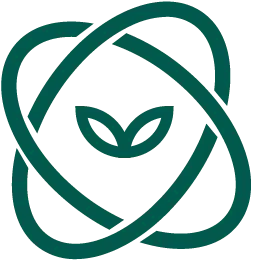Saprea > Online Healing Resources > Our Approach to Healing from Child Sexual Abuse

Approachable and Clinically Proven Resources
In addition to understanding these healing practices, it’s important to remember that:
Healing Resources
To help bring the three healing practices to life in actionable and applicable ways, we have a collection of healing resources that may help you to relieve one specific trauma symptom… or several. (A full index of these resources is provided below.) Healing resources can also be found by visiting the pages of symptoms you may be experiencing, and we also have collected a few resources in each of the healing practices: Acknowledgement, Mindfulness, Aspiration.
Like anything new, we encourage you to test these activities, try them multiple times, and allow yourself to mentally, physically, and emotionally stretch and grow (all of which can feel a little bit uncomfortable at times). If, however, an activity causes overwhelming feelings or pain, please stop the activity and, if necessary, contact your medical and/or mental health practitioner. While we are confident that our approach can be beneficial and can assist in your healing journey, these resources are not meant to replace any advice from your team of medical and mental health professionals.
For a full list of healing resources, see below:
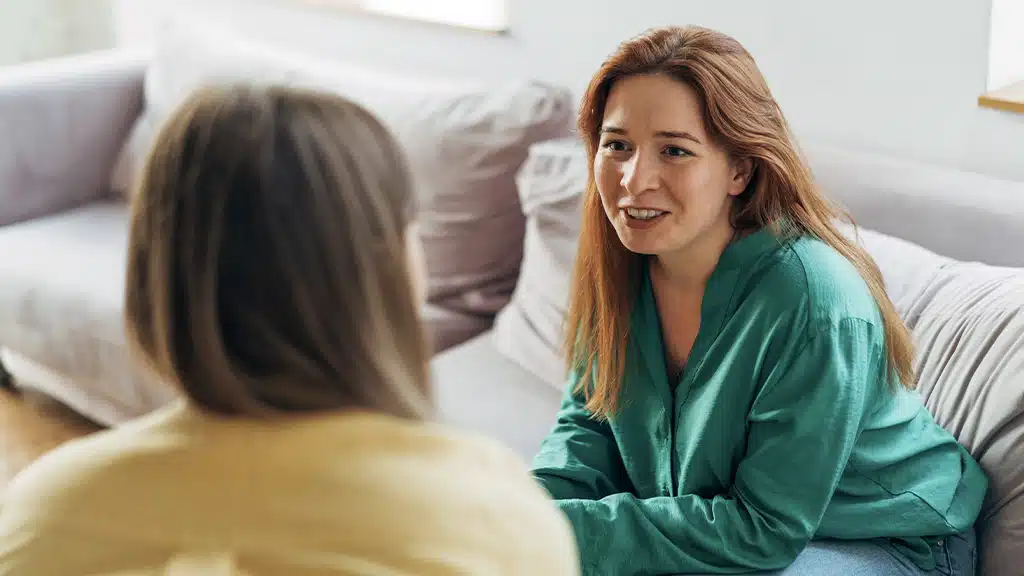
Assertive Communication
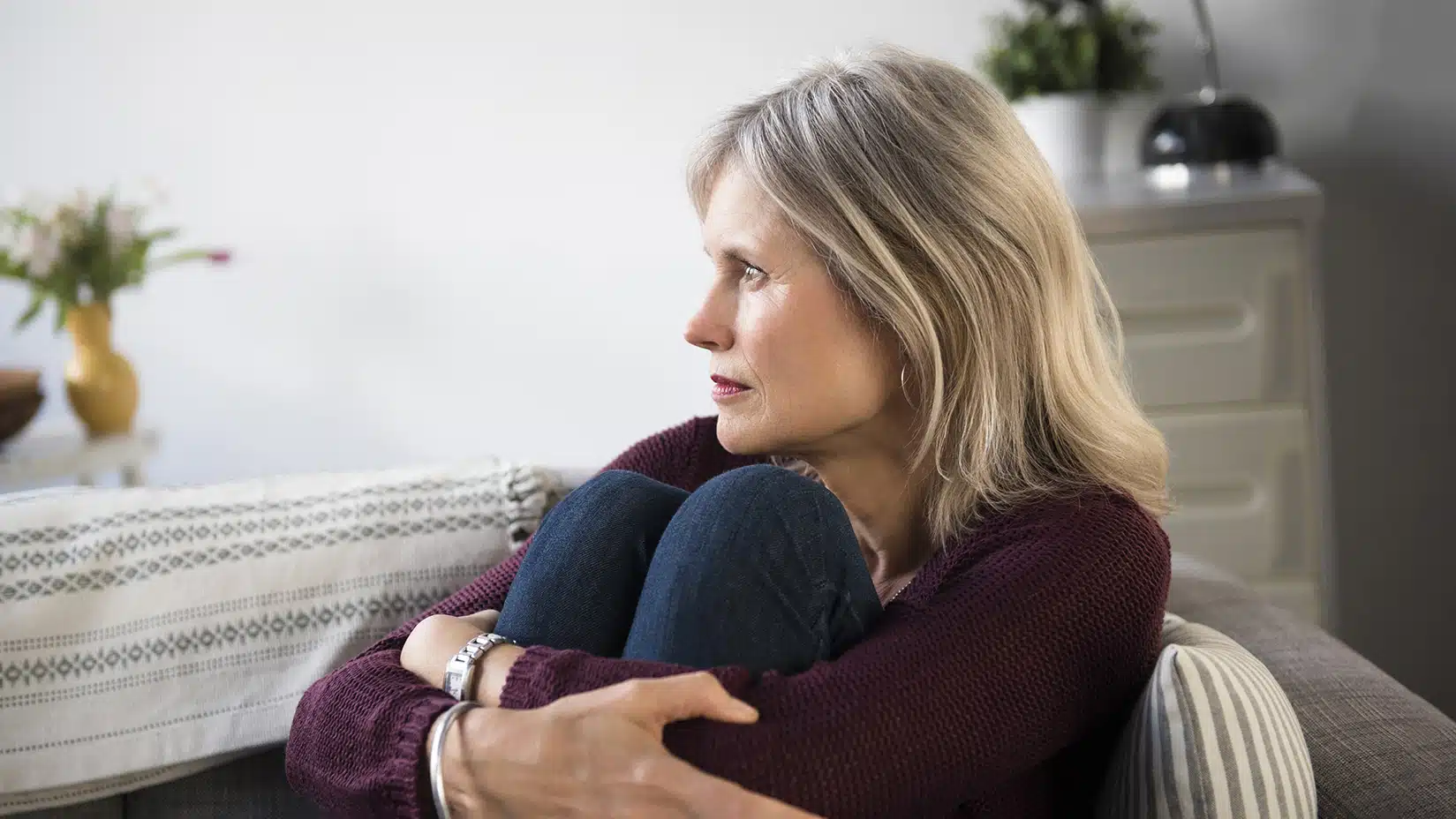
Challenging Cognitive Distortions

Creating A Back-up Plan
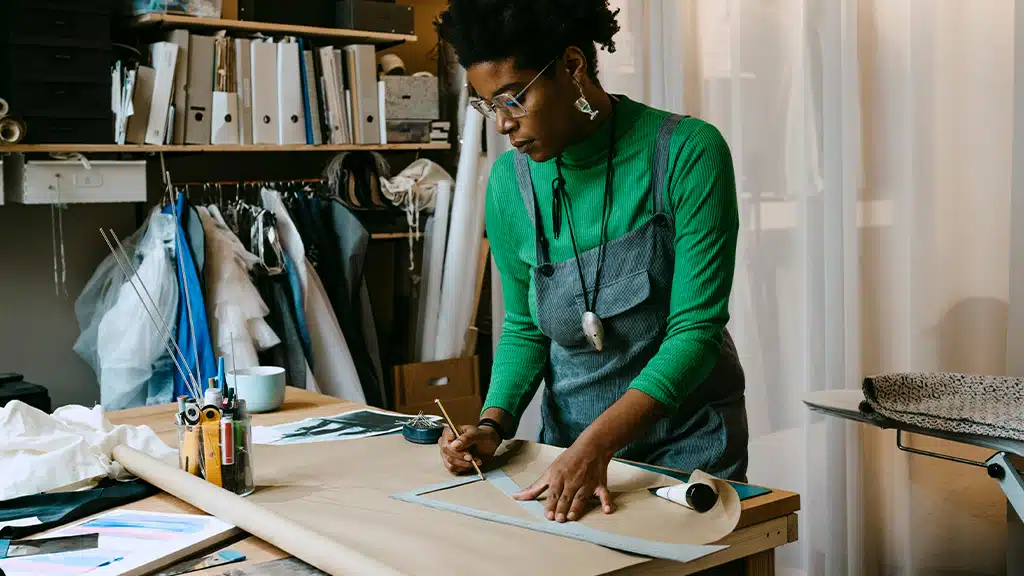
Creating Intentional Behavior
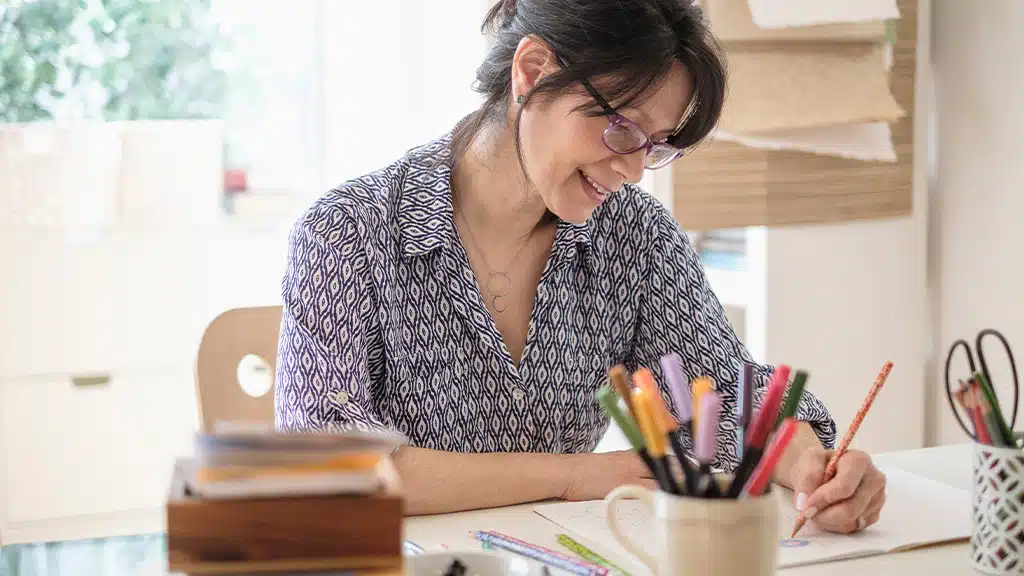
Creative Expression

Developing Aspirational Thinking
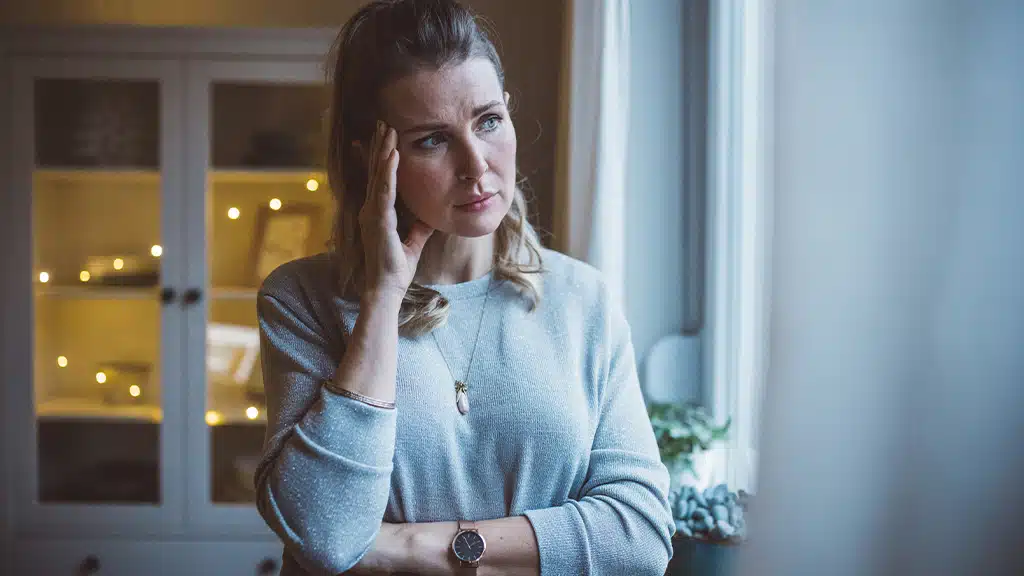
Emotion Wheel

Grounding Techniques
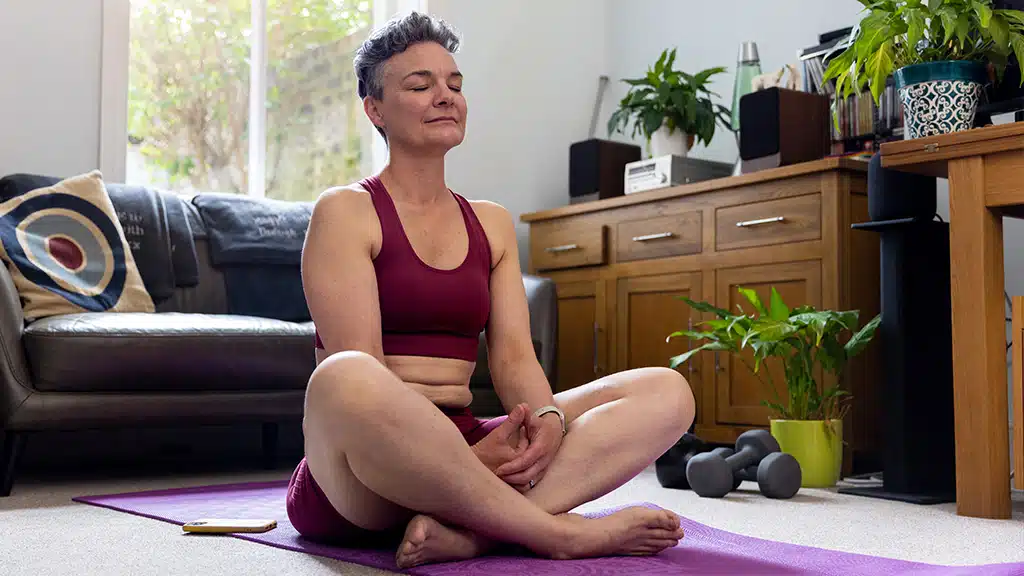
Meditation

Movement
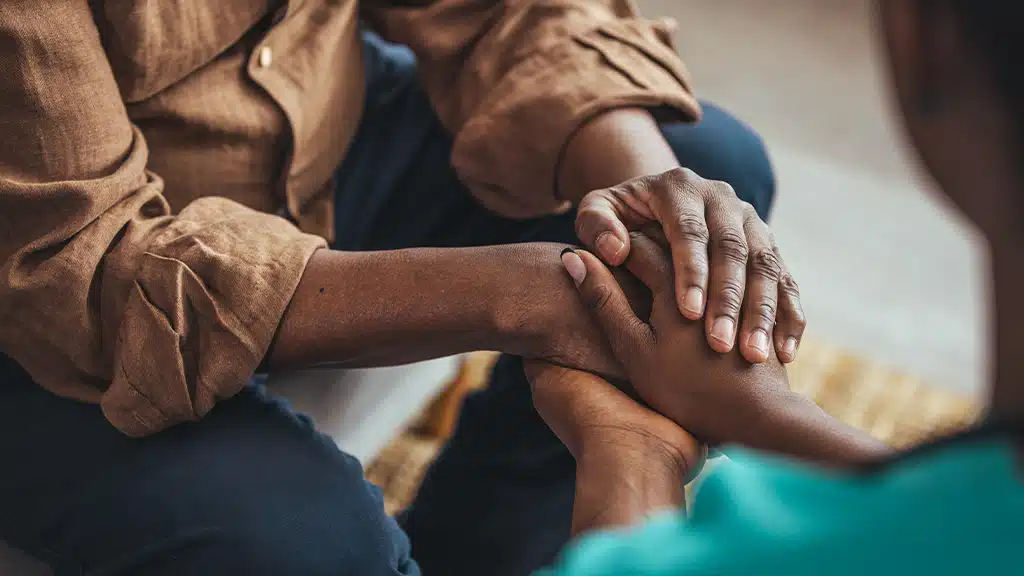
Navigating Your Relationships

Nutrition
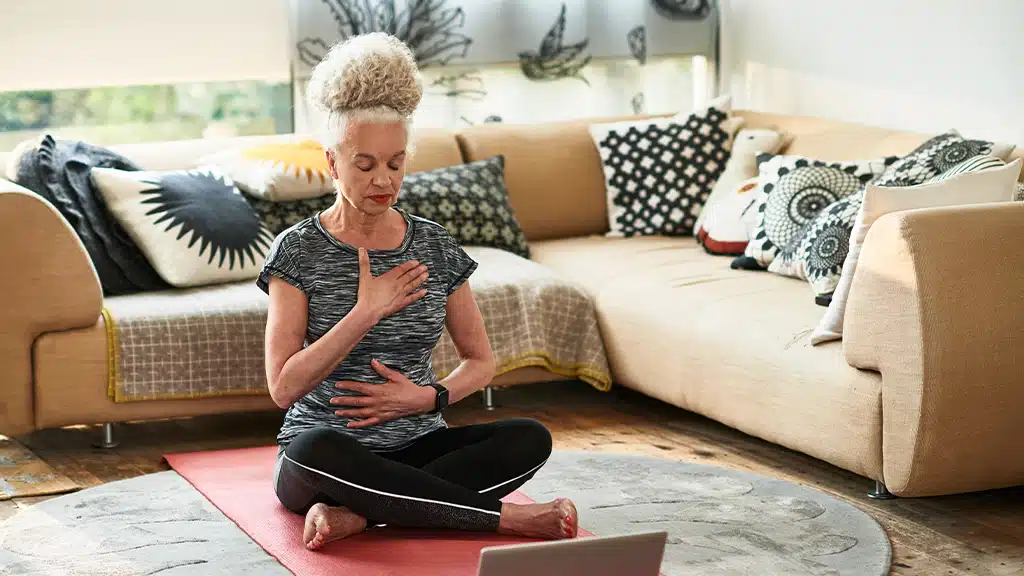
Paced Breathing

Practicing Boundaries

Progressive Muscle Relaxation

Self-Compassion

Sexual Health

Sleep Affirmations
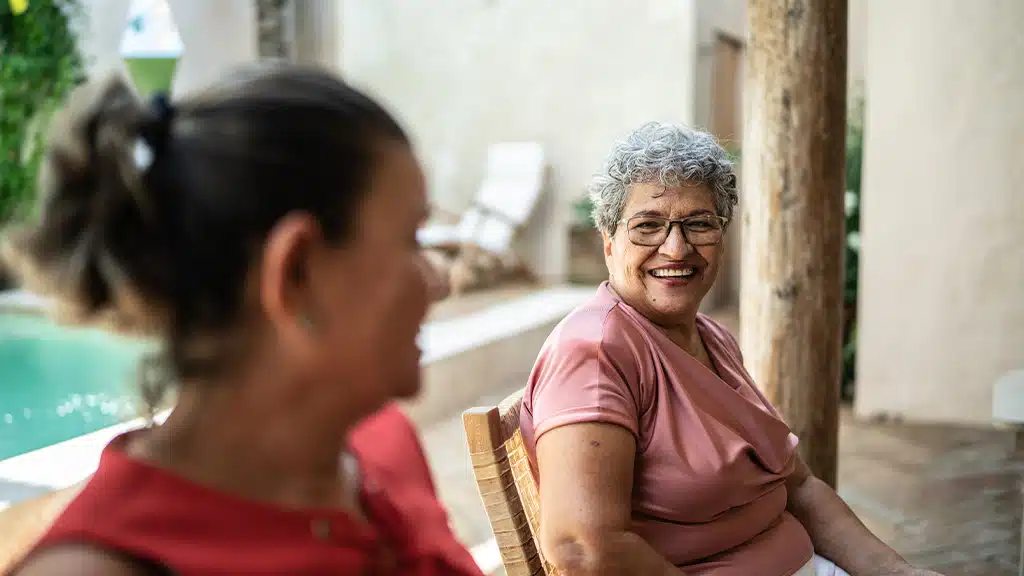
Support Network
